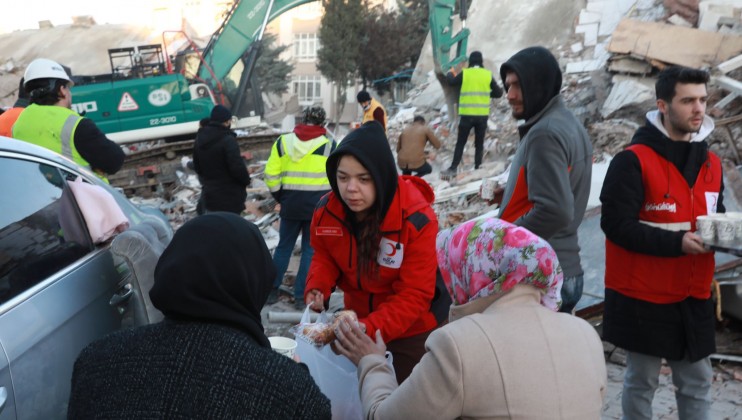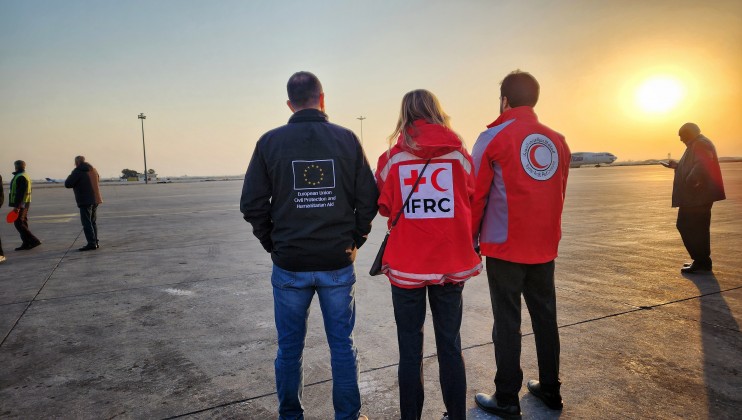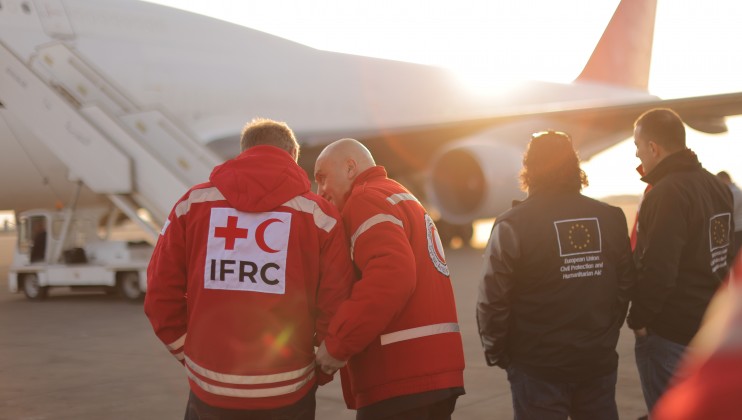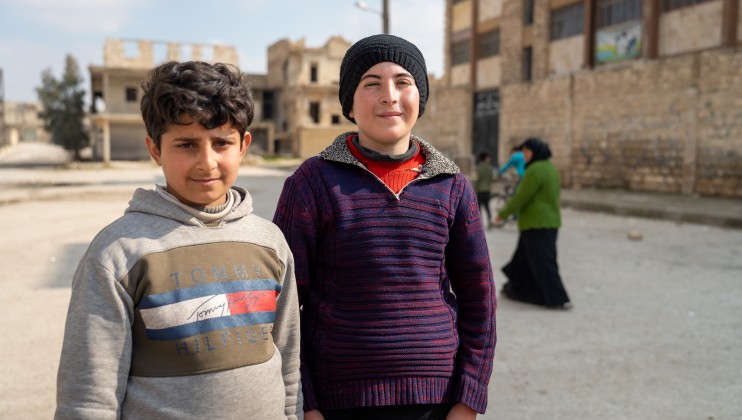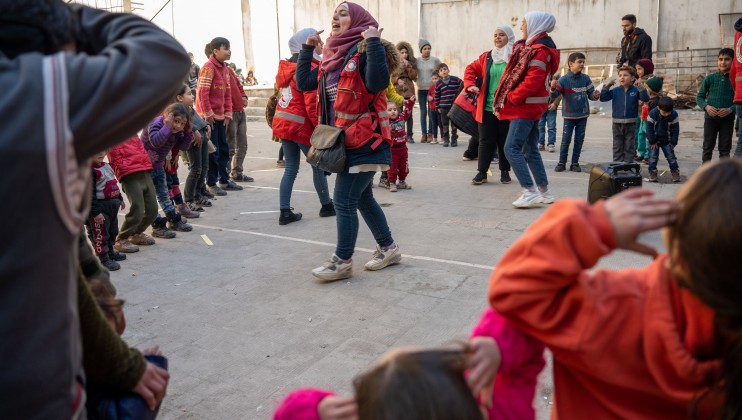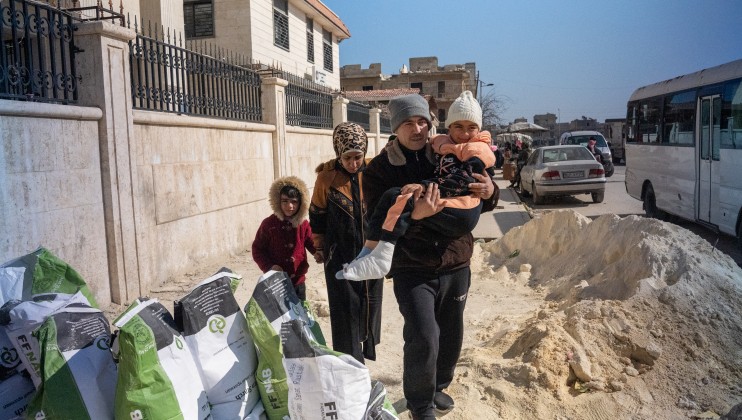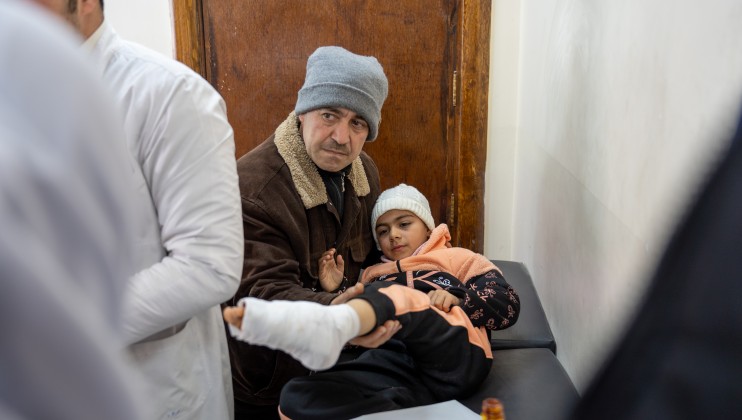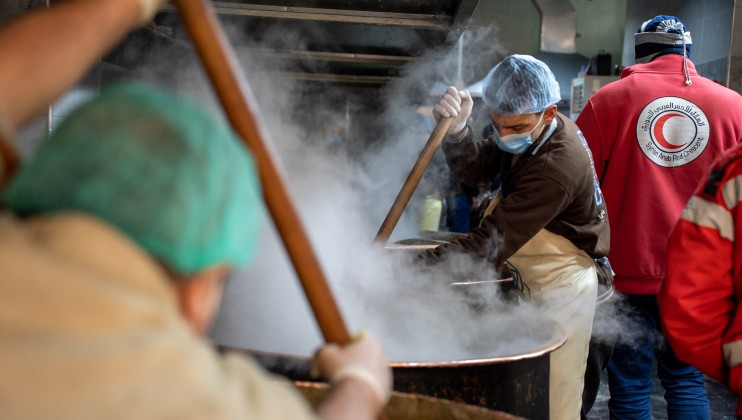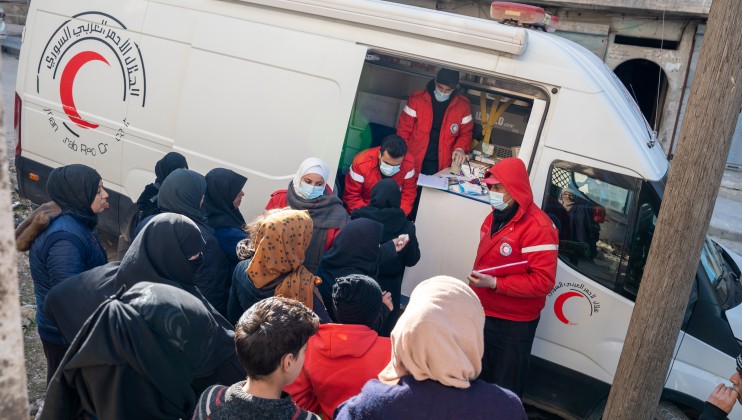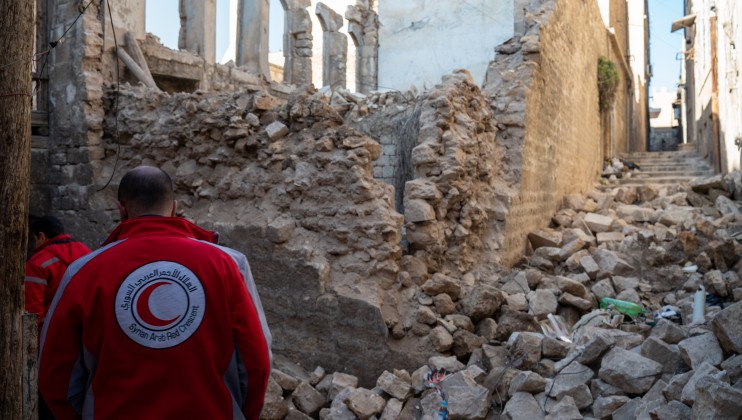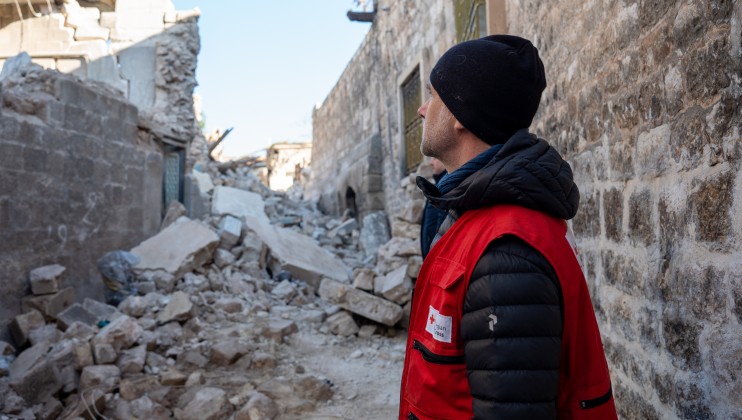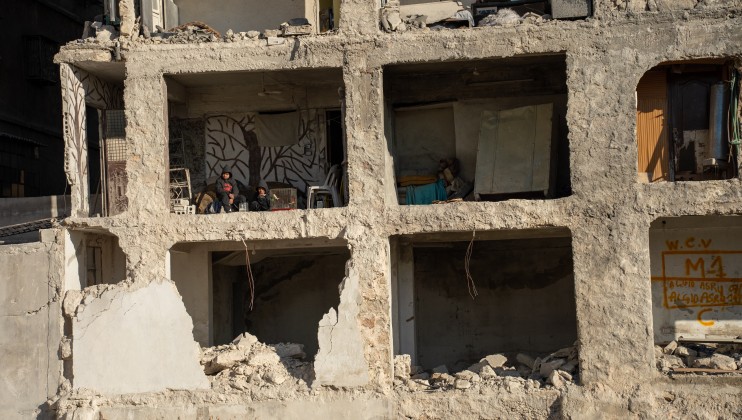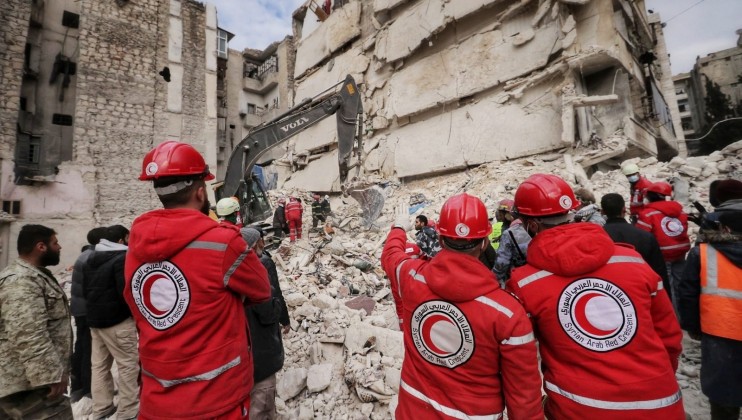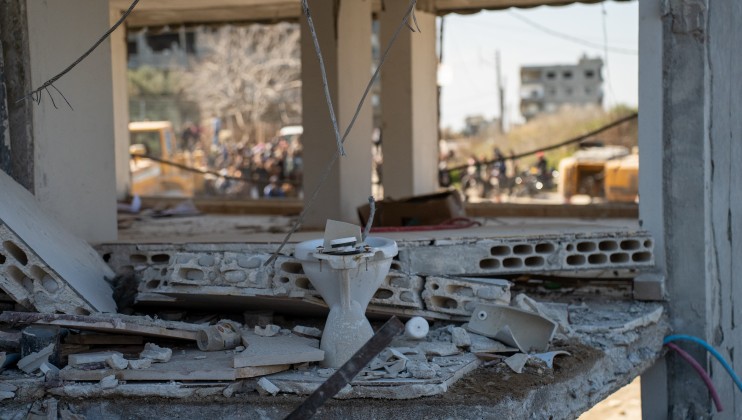Geneva/Ankara/Damascus, 03 March 2023 – Nearly one month since two devastating earthquakes struck Türkiye and Syria, the International Federation of Red Cross and Red Crescent Societies (IFRC) warns of the urgent need of a sustainable short- and long-term response to the health and mental health and psychosocial needs to prevent a “second disaster”.
Since day one, the Turkish Red Crescent and the Syrian Arab Red Crescent with the IFRC support, have been meeting the immediate humanitarian needs in the hardest hit areas, including the distribution of food, clean water, hygiene items, winter clothing, blankets and the provision of first aid, health care and sanitation services. But one month into the response, scaling up mental health services is crucial.
The demand for mental health and psychosocial support and health care is immense, and in some areas where access is difficult, it can put the most affected at even higher risk of developing medium- and long-term mental health challenges that can hinder recovery and resilience.
The earthquakes have rocked survivors to their very core. Entire communities are suffering after losing everything from their loved ones to homes, jobs and many sentimental belongings they own. Moreover, many caregivers and first responders are struggling to cope with what they’ve seen in addition to the exhausting workload and secondary trauma.
In Türkiye, Red Crescent teams have set up safe spaces offering mental health and psychosocial support for children to play, supporting over 42,000 people, including first responders and health workers. They also provide psychological first aid and offer referrals to local health facilities.
“Responding from the local level, with both mobile and fixed units, is what allows the Turkish Red Crescent and IFRC to respond immediately to the physical and mental health needs of those most affected. A localised and early health and mental health response is and will continue to be essential to prevent negative long-term and even permanent effects on people's lives”, said Lauren Clarke, IFRC health coordinator for the humanitarian response in Türkiye.
In Syria, the Syrian Arab Red Crescent teams have supported over 30,000 people with psychological first aid, especially children and continue to provide healthcare and medicines through mobile health units, and physical rehabilitation programs and clinics. The earthquake comes after nearly 12 years of conflict that has already displaced millions and traumatised many communities.
“Many of the damages caused by the earthquake are not visible. People have suffered more than a decade of conflict which has already affected their mental health and wellbeing. This earthquake adds another layer to that. We also have seen that psychological wounds won’t always appear right away. That is why we need to provide continuous support, not only right now but for years to come. Hopefully, there will not be another disaster that would complicate the situation even further”, said Gwendolen Eamer, IFRC Health Coordinator in Syria.
The IFRC Emergency Appeals for 650 million Swiss francs will support the Turkish Red Crescent and the Syrian Arab Red Crescent to continue scaling up their humanitarian response and recovery efforts over the next two years in what is one of the most challenging earthquake responses recently faced by the global Red Cross Red Crescent network.
For more information or to coordinate an interview, please contact:
media@ifrc.org or +41 79 708 4367
Note to editors
In Syria, Syrian Arab Red Crescent teams have also distributed more than 1.2 million relief items, such as winter clothes, food, clean water, hygiene articles, and they have provided sanitation services, as these are key to prevent outbreaks such as diarrhea, respiratory and skin infections, COVID-19 and other viral diseases.
In parallel, the Palestine Red Crescent in Syria together with the Syrian Arab Red Crescent continue to deliver aid, including food distribution, ambulances and medical services, focusing mainly on the Palestinian camps in Aleppo and Latakia.
In close coordination with the health authorities, the Turkish Red Crescent is also providing health care through seven mobile clinics in hard-hit rural areas and temporary shelters. Where markets are functioning, they have distributed more than 140,000 cash vouchers, helping to empower survivors by restoring their agency, and giving them the freedom and control to meet their needs in the way they prefer. Turkish Red Crescent volunteers have also distributed over 94 million hot meals.
